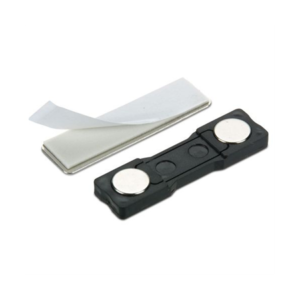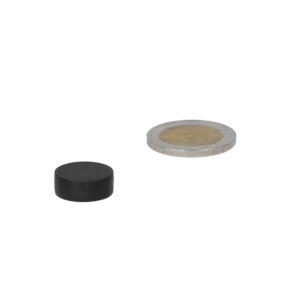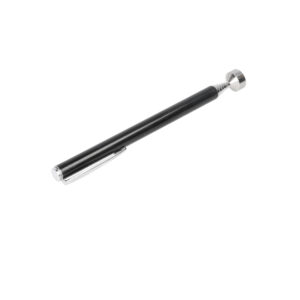
in stock
18.6×13.8x50x6, axis drawing TEUS.S100N.E1.2C0000.04
€ 28,68
Share on:
There is no additional information for this product.
Information about magnets
Neodymium magnets are very powerful and can jump at high speed towards each other and / or iron objects. The force increases as the magnet gets bigger, which also increases the chance of breaking. Two of the larger magnets in our range are powerful enough to break fingers or at least cause some serious blood blisters.
Therefore, work with work gloves and keep the magnets away from children. Also keep Neodymium (NdFeB) magnets at a safe distance from people with pacemakers. Of course, this also applies to electronic devices and debit cards
Information about magnetization
Neodymium magnets are the most powerful magnets that exist to this day. Our super strong magnets also remain almost infinitely magnetic as long as they are not exposed to the maximum operating temperature or used in reverse polarity.
The letters and numbers in the material code have the following meaning: The N stands for Neodymium, the following numbers for the maximum magnetic energy expressed in MgOe. If there are no more letters behind, the magnet can be used up to 80 degrees Celsius.
If there are still letters behind it, it can be raised to a higher temperature.
Information about adhesive force
We indicate this force in grams or kilograms because this appeals to the imagination of more people than Newton. The adhesive force is measured perpendicular to the magnet. The holding force is the force to pull a smooth, flat steel object (ST37) of at least 10 millimeters thick from the magnet in question.
This force quickly diminishes when, for example, there is a gap or layer of paint between the magnet and the object. Half a millimeter can already give a reduction of half the force. A steel alloy or rough surface also clearly reduces the adhesive force.
As stated, the direction of the adhesive force is perpendicular to the magnet, however, the shearing force is much less great and also depends on the friction between magnet and object.



